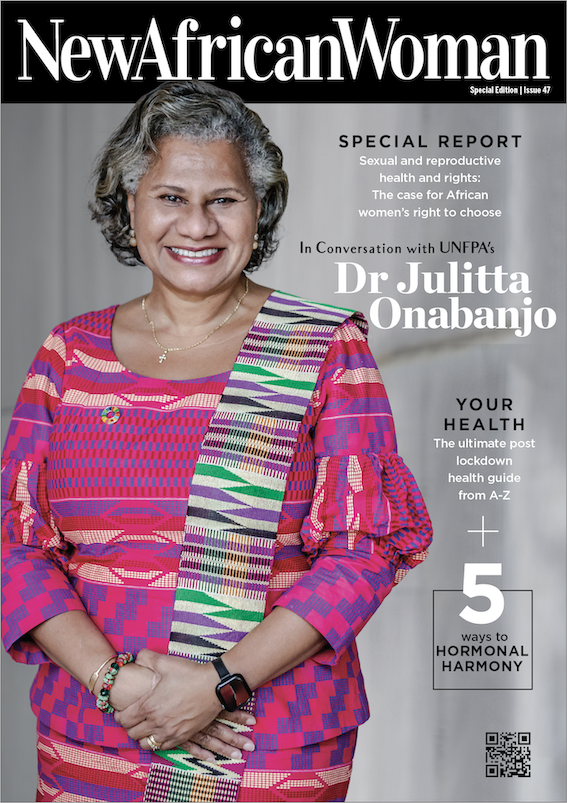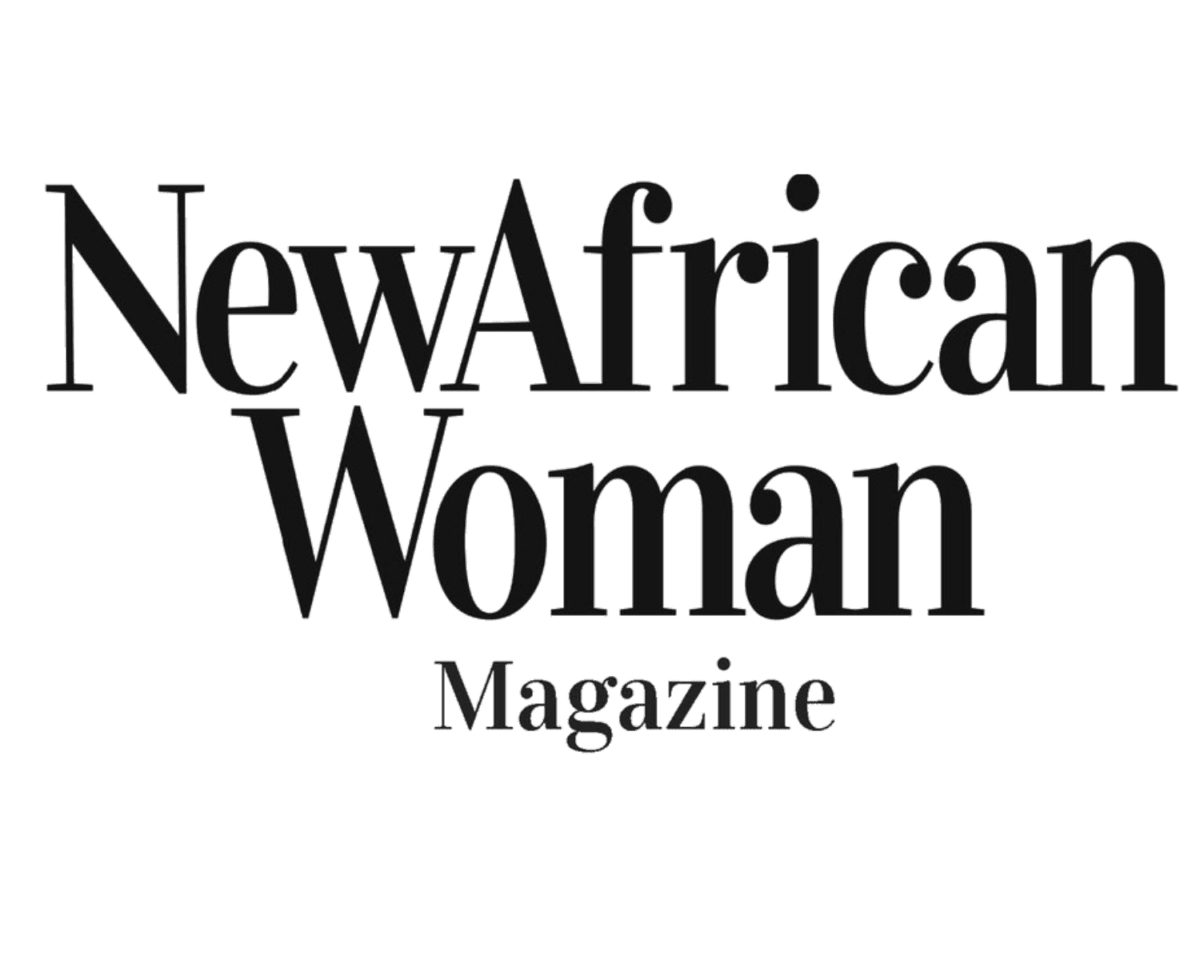In Conversation: Dr Julitta Onabanjo on the importance of reproductive rights and hopes for the future of African women and girls.

Editor - NAW
Until September 2021, Dr Julitta Onabanjo was UNFPA Regional Director for East and Southern Africa for 8 years. She concluded her role, at one of the most challenging times in recent history, by steering the region through the ravages wrought by Covid-19. In this abridged interview with our editor reGina Jane Jere, conducted on the eve of her departure to take up her new role as Director of UNFPA’s Technical Division, she discusses her hopes for the future of African women and girls.
New African Woman: Thank you for granting us this interview on the eve of your move into your next role. Am sure you are leaving behind a brilliant legacy after 8 years. To begin with, tell us – growing up as a young woman, what was your dream and how was that dream fulfilled in your role as UNFPA Regional Director for East and Southern Africa, in charge of 23 countries?
Dr Julitta Onabanjo: It is quite an emotional day for me. But the legacy is for my team to take up. My formative years were made up of exposures and settings that were varied. So, in as much as I grew up in Nigeria, I am Nigerian by heritage, yet I
did most of my schooling in Kenya, and my [medical] training in Zambia. So, for the context of the type of woman I have become today, I have Nigeria, Kenya and Zambia in the mix.
In terms of having my dreams for the future, I would say, in those days, which
seem a long time ago – you almost didn’t have the privilege to dream, and there wasn’t really time to dream. However, for me, there was intent. My aspirations of what I wanted to do were very much based on what I felt would make my parents proud. My father was a professor in public health and without doubt, I was a daddy’s girl and therefore wanted to follow in his footsteps. His work gave meaning to the word prevention and how good public health can lessen people’s suffering. So,
if there was a dream, it was to see how I could help people to not go through illness and pain, and that’s how I committed to and went into the field of public health.
But I am grateful because I had those choices and opportunities, which many women in those days lacked. Therefore, it might not have been dreams, but the fact that I had choices and opportunities, and I feel privileged that because of that, I am blessed to be in the position I am today.
Do you believe, therefore, that your background and upbringing has also helped inform the type of work that you do and how you steered UNFPA as Regional Director for East and Southern Africa for almost eight years?
Definitely. My love for the continent and the feeling of belonging play out. Being African myself, I always feel vested in what I know and what I see, from gender and
cultural perspectives and professionally.
And because I feel that I belong, this role made me feel that I added value. And because of the work we do in the health sector, I’ve been able to connect more with the mandate and its mission, professionally, because I’m a public health physician.
And in terms of the post of Regional Director, for me UNFPA, which I joined in 1994 as a programme officer in the Nigeria country office and have occupied different roles since, has been my institution for life. I believe that UNFPA has provided me an opportunity to fulfil both my conviction and vocation, as it relates to sexual and reproductive health and women’s health.
With 23 countries under your wing, clearly that was a big mandate, bearing in mind the plethora of challenges the majority of African women still face, including health. How, in a nutshell, has UNFPA contributed to the empowerment of marginalized women and adolescent girls, who often do not have opportunities to enable them to achieve their potential?
It is an uphill challenge, but I always start from an area of progress, because we have made some progress and we are in a much better place.
The Nairobi Summit on ICPD25 was a time for us to take stock and to see where progress had been achieved.
And for the East and Southern Africa region, our focus has been on three transformative areas for prosperity and development in the Africa we want, one of which is to reduce maternal mortality and prevent any woman from dying during pregnancy and childbirth. We have reduced maternal mortality by 50% in those 25 years, using many initiatives, including building maternity waiting homes, training midwives, the Campaign for Accelerated Reduction of Maternal Mortality in Africa (CARMMA) initiative, and better auditing of maternal death. We have seen excellent examples of progress in the region. But one death is one death too many. So, we are not going to rest on our laurels, because we still have a long way to go.
And indeed, there are several things that continue to hold us back, which
the ongoing COVID-19 pandemic has made worse. And therefore, in as much as I’m always optimistic, I do feel some fundamental flaws have been exposed, not only by COVID-19, but also by other things such as conflicts and the climate crisis we are now facing. And that calls on us to work harder and make a more concerted effort in collective action.
Regarding young women and girls, if you asked a young woman today what her dream for the future is, her answer will probably be much clearer than mine. Today’s girls are more focused. And although we still have issues surrounding adolescent girls, such as teen pregnancies, with the support that we give, they have the chance of a brighter future. They have more options and opportunities than there were in my time. What we need to do, however, is to give these girls agency and courage.
You have mentioned two critical ideas there, optimism and collective action. While remaining optimistic, what type of partnerships are there, to collectively help move the women and girls’ empowerment agenda forward?
First, we must remain optimistic. This is not even a matter of hope, it’s a matter of determination. And the word, I often use is conviction. We can’t lose our optimism because there is just too much at stake. If the African woman is not where she needs to be, the continent will not prosper, that’s for sure.
We must remain purpose-driven and focused. That is to say, we need a coherent and determined movement. One which, in as much as it’s driven by women themselves, must also be driven by everyone else. And partnerships will help us get there.
One problem is that we continue to see sexual and reproductive health as women’s issues. I feel that we really need to galvanize men, communities and broad-based collective partnerships.
Political partnership is also very important. But this is where having women at all levels of leadership in our countries is key. Women need to be where decisions are made. And if this remains very male dominated, then we won’t get to where we need and want to be as a continent.
We also need to continuously connect the dots around what it means to invest in women’s health; on what it takes to ensure gender equality and address harmful practices like female genital mutilation (FGM); on what it means to ensure there are no teen pregnancies; and that there
is justice for women by ensuring that impunity is removed and those who abuse women do not get away with it. This must be played at all levels including the political level.
Would you say, however, that there is enough political will, in terms of support from African leadership? And that includes areas such as financial inclusion or gender-sensitive budgets. Is enough being done?
I think in the political realm, we have moved the needle in the right direction, especially in East and Southern Africa.
African presidents are addressing some of the issues which impact women negatively. For example, making declarations to end Female Genital Mutilation (FGM), and ending child marriages under African Union’s efforts.
I think the African Union’s collective leadership has moved positively on issues that relate to women’s rights and empowerment. Here at UNFPA, we see these efforts through, for example, the AU’s CARMMA initiative to end maternal mortality or the Maputo Protocol, as well as a whole array of other commitments, some of which have translated into either investments or bigger programmes.
But the issues at hand are huge, and therefore, actions and solutions must be as bold and huge as well as consistent and sustained.
But it has also been over 25 years since Beijing, and we are 9 years away from the 2030 Global Goals deadline. How would you sum up progress, or the lack of it, towards the desired outcome?
It’s been over 25 years indeed, and in that time, we would have liked to see much more progress. But we have seen a shift since Beijing, for example, in terms of how most governments are ensuring that there is gender parity in leadership positions. We would like to see more women presidents of course. However, we are seeing more women being economically empowered or empowering themselves as well. More women are holding, leading, or owning businesses and so forth. And in terms of women’s health, we have, for example, witnessed a decrease in HIV infections, despite our region still being the epicentre of the disease. This decrease is in part attributed to the work that has gone in to educating and sensitising women about their sexual health and reproductive rights.
And as I stated earlier, we have to remain optimistic, and keep marching towards 2030. This is also the time for everyone to start thinking about what our world is going to look like in 2030 and beyond, and at what cost. We have already seen how COVID-19 has reversed some of the gains that we had achieved this far.
As you state, COVID-19 has reversed some of the hard-won gains. How has UNFPA mitigated the effects of this unprecedented pandemic, more so on domestic and sexual violence against women which, according to many reports, escalated during the COVID-19-reinforced lockdowns?
At UNFPA, we knew very quickly that there would be disruptions in the way countries would respond to COVID-19. We knew there would be diversions in services, and that women would be even more vulnerable than they already are. The first thing we did, was come up with projec-tions, and did estimations of what would be the impact, if services were disrupted. Using evidence and data, we made a very strong case that it was fundamental that, in as much as we respond to COVID-19, we must not and would not stop ensuring that women had access to basic maternity care. And we used evidence to advocate for this.
So we pivoted our programmes and came up with more innovative ways of ensuring that our work continued, and that there are no service disruptions. We, cost-integrated COVID-19 into some of the ways in which we deal with these issues.
We worked with governments and did all the advocacy that needed to be done. We also innovated our programme delivery models and continued to ensure that capacities of midwives and health workers managing sexual and reproductive health during COVID-19 were being met.
On the gender-based violence issue, we know that in any conflict or in any crisis, this sadly escalates. As such, we made an extra effort to ensure that women knew where to get information, support, and help. They could go to hotlines, they could get counselling, and there was a lot more outreach. We also worked across referral systems and pathways just to keep those open, and online. So many of the countries in the region didn’t fail when it came to women’s issues [during the pandemic]. I think our biggest challenge is financial, like I stated earlier. That is, in terms of investments and gender budgeting. The question therefore is: how do we get resources to upskill our programmes?
Sexual and reproductive health, talking about sexual abuse, harmful practices, contraception, or abortion, are considered taboo subjects in most African societies. How is UNFPA in the ESA region helping to break the silence on these important issues?
It is true that there is silence, taboo and privacy around these issues. In one of my dissertations in public health, I wrote about African sexuality. I don’t want to say that there are no taboos or privacy and silence around these topics. But there’s also a lot of conversation around them. One example is the rites of passage, where there are conversations around sexuality. But is it the right information? Is it the right way to deal with the issues? What UNFPA does is to understand the anthropology around African sexuality, and use that as a basis to look at how we work for social change and help break the silence. To do so we also work with the custodians of some of these issues, to understand where they are coming from and reach a common ground on how to move forward.
We therefore work with traditional and cultural leaders, particularly women, and we’ve done some really good stuff in countries such as Malawi, for example on the issue of ending child marriage; making them understand why it’s a violation
to mutilate a child and why the rites of passage must not only be centred around how to please the man. And as they say, culture is never stagnant, so yes, we are seeing change.
Many young African girls look up to women in positions of power like yourself. In these challenging times, as evidenced by what we see on social media, they are searching even more for positive inspiration. What do you say to them?
They need to have endurance, perseverance and take a positive outlook on what is possible, and how that can move them forward. They should also always ask themselves; how can I make a difference? And just as much as they feel inspired and encouraged by some of us in these leadership roles, they need to know that we are also inspired by their quest and determination to see a better world. Some of the most inspiring young African women are in our movement called the African Youth and Adolescent Network for Population and Development (AfriYAN), an Africa-wide youth movement of young people pushing sexual and reproductive health issues and leadership. Every time I meet with them, it’s just very inspiring. So, it’s not just about what I say to them, but also what they say to us and to themselves.
And what next in your new chapter?
You know, UNFPA is in my heart, and therefore wherever I am, wherever I go, whether it’s in a global position, as in my next position, I will centre my role and the work we do on bettering the lives of women, particularly African women. On this, I have full conviction. And I have no doubt that in my next position, I will again have the opportunity to represent the voice and issues of African women, but in a more global arena, which is fantastic.
Thank you Dr Julitta and we wish you all the best in your new post.
This interview was published in our ISSUE 47 Print Edition – which featured a 20-page Special Focus on the work of UNFPA in East and Southern Africa.


















